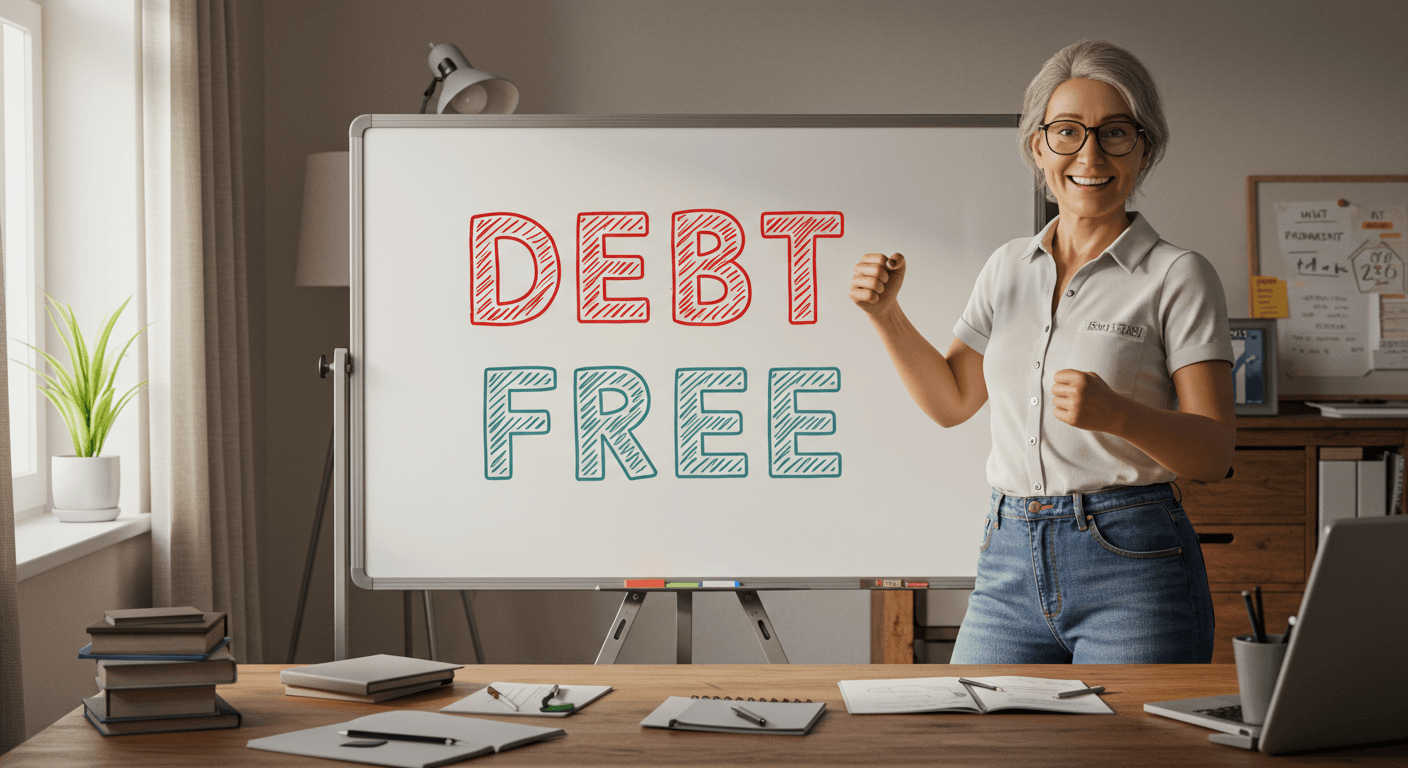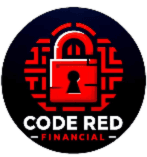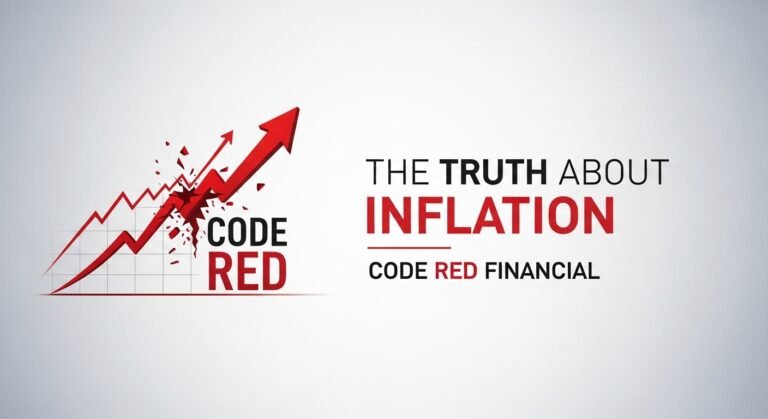
Debt is one of those financial burdens that can feel like a heavy weight, pressing down on you with every passing month. Whether it’s credit cards, medical bills, student loans, or personal loans, debt can accumulate quickly, and before you know it, you’re juggling multiple payments, interest rates, and due dates. The stress can be overwhelming. This is where debt consolidation comes in—a financial strategy that promises to simplify and reduce the burden of debt. But is it the right solution for you?
In this blog post, we’ll break down exactly what debt consolidation is, how it works, the pros and cons, and whether it’s the right choice for your financial situation. By the end, you’ll have a clearer understanding of how debt consolidation can fit into your broader financial goals and whether it can help you achieve financial freedom faster.
What Is Debt Consolidation?
At its core, debt consolidation is the process of combining multiple debts into a single, more manageable loan or credit line. The primary goal of debt consolidation is to make it easier to manage your debts by streamlining your payments and potentially lowering your overall interest rates. Instead of making several payments to different creditors each month, you consolidate them into one payment.
For example, let’s say you have three credit cards with outstanding balances and high-interest rates. Each card requires its own monthly payment, and the interest rates are steep, making it hard to pay off the principal balance. With debt consolidation, you would take out a new loan to pay off the balances on the three credit cards. Now, you have just one monthly payment instead of three, and ideally, at a lower interest rate, making it easier to pay down the principal over time.
There are several ways to consolidate your debt:
- Debt Consolidation Loan: This is a personal loan that allows you to pay off multiple debts with a single loan. It typically offers a lower interest rate than the combined rate of your credit cards, making it easier to pay down the principal faster.
- Balance Transfer Credit Card: A balance transfer card allows you to transfer the balances from several high-interest credit cards onto a single card, often with a 0% introductory APR for a set period (typically 12 to 18 months). After the promotional period ends, the regular APR will kick in, so it’s important to pay off as much debt as possible before that happens.
- Home Equity Loan or Line of Credit (HELOC): If you own a home and have equity built up, you might be able to take out a loan against that equity to consolidate your debt. These loans generally offer lower interest rates but come with the risk of losing your home if you fail to repay.
- Debt Management Plan (DMP): A DMP is a program offered by credit counseling agencies that helps you consolidate your unsecured debt. The agency works with creditors to negotiate lower interest rates or more favorable terms, and you make one monthly payment to the agency, which distributes the funds to your creditors.
- Debt Settlement: While not exactly a traditional form of consolidation, debt settlement involves negotiating with creditors to pay off your debt for less than what you owe. This typically requires working with a settlement agency and often results in a lump-sum payment.
How Does Debt Consolidation Work?
Debt consolidation is all about simplifying your payments and potentially lowering your interest rates. Here’s how it typically works:
- Assess Your Current Debt: Start by listing all of your outstanding debts, including credit card balances, personal loans, medical bills, and any other forms of debt you might have. Write down the interest rate, balance, and minimum payment for each debt.
- Choose a Consolidation Option: Depending on the type of debt you have and your financial situation, you’ll choose a consolidation method. This could be a personal loan, balance transfer card, home equity loan, or DMP.
- Apply for Consolidation: Once you’ve chosen a consolidation option, you’ll apply for the loan or credit line. For a debt consolidation loan, this means submitting an application with a lender. If you’re using a balance transfer card, you’ll need to apply for the card and request the transfer.
- Consolidate Your Debts: Once approved, the new loan or credit line will pay off your existing debts. If you’re using a balance transfer card, you’ll transfer the balances from your high-interest cards. With a consolidation loan, the loan amount will be used to pay off your existing debts in full.
- Make One Monthly Payment: Going forward, you’ll only have one monthly payment to manage instead of several. Ideally, this payment will be lower than your previous total payments, thanks to a lower interest rate.
- Stick to a Repayment Plan: The key to successful debt consolidation is sticking to your new repayment plan. Avoid accumulating more debt on credit cards or loans, and focus on paying off your consolidated debt within the agreed-upon timeframe.
Should I Consolidate My Debt?
While debt consolidation can be a helpful tool for simplifying your finances and paying down debt, it’s not the right choice for everyone. To determine whether consolidation is the right move for you, let’s take a look at the pros and cons.
Pros of Debt Consolidation
- Simplified Payments: With debt consolidation, you consolidate multiple debts into one payment. This makes managing your debt easier, as you no longer need to juggle multiple due dates, amounts, and interest rates.
- Lower Interest Rates: If you have high-interest credit card debt, consolidating with a personal loan or balance transfer card with a lower interest rate can save you money over time. This means more of your payment goes toward paying down the principal instead of just covering interest charges.
- Fixed Repayment Terms: Many consolidation loans come with fixed repayment terms, which means you’ll know exactly how much you need to pay each month and when the loan will be paid off. This can help you stay on track and avoid surprises.
- Improved Credit Score (Potentially): If you’re consolidating high-interest credit card debt and making regular, on-time payments, your credit score may improve over time. This is because reducing credit card balances and paying off debt on time can have a positive impact on your credit utilization ratio and payment history.
- Reduced Stress: Having one payment to make each month instead of several can reduce financial stress and help you feel more in control of your finances.
Cons of Debt Consolidation
- Possible Fees and Costs: Debt consolidation often comes with fees, such as balance transfer fees, loan origination fees, or home equity loan costs. These fees can add up quickly, reducing the overall savings from consolidation.
- Temptation to Accumulate More Debt: One of the biggest risks of consolidating your debt is the temptation to rack up more credit card debt or loans once your balances are paid off. If you continue to use your credit cards irresponsibly after consolidating, you may end up in a worse financial position than before.
- Longer Repayment Period: If you opt for a consolidation loan with a longer repayment term, it could take you longer to pay off your debt, and you may end up paying more in interest over time, even with a lower interest rate.
- Risk of Losing Collateral (for Secured Loans): If you use your home as collateral for a consolidation loan (such as a home equity loan or HELOC), there’s a risk of losing your home if you fail to make payments.
- Not a Cure-All: Debt consolidation doesn’t address the underlying causes of your debt. If you continue to overspend or don’t change your financial habits, consolidation alone won’t solve your debt problems.
When Should You Consider Debt Consolidation?
Debt consolidation can be a good option if:
- You have high-interest debt (especially credit card debt) and are struggling to keep up with multiple payments.
- You qualify for a consolidation loan or balance transfer card with a lower interest rate than your current debts.
- You have a plan to avoid accumulating more debt after consolidation.
- You’re committed to paying off your debt and improving your financial habits.
When Should You Avoid Debt Consolidation?
Debt consolidation might not be the best choice if:
- You’re not able to qualify for a loan or credit card with a lower interest rate than your current debts.
- You’re struggling with a large amount of secured debt (such as mortgage or car loans) and have no way to repay it.
- You don’t have a plan to stop using credit cards and accumulating more debt.
- You’re not ready to commit to paying off your debt in a disciplined and consistent manner.
Conclusion: Is Debt Consolidation Right for You?
Debt consolidation can be an effective strategy for managing multiple debts and reducing the stress of paying several bills each month. If you’re able to secure a loan with a lower interest rate and stick to a disciplined repayment plan, it can help you pay off your debt faster and save money in the long run.
However, it’s essential to evaluate your financial situation carefully before choosing consolidation. Weigh the pros and cons, consider alternative options (such as debt settlement or bankruptcy if necessary), and ensure that you’re ready to make a commitment to improving your financial habits.
However, it is important to acknowledge that debt consolidation is not a universal solution. While it can be highly effective for some individuals, others may discover that alternative options are more suitable for their circumstances. Therefore, it is essential to comprehend the process and identify your financial objectives, as this will better equip you to make an informed decision and regain control of your financial future.







